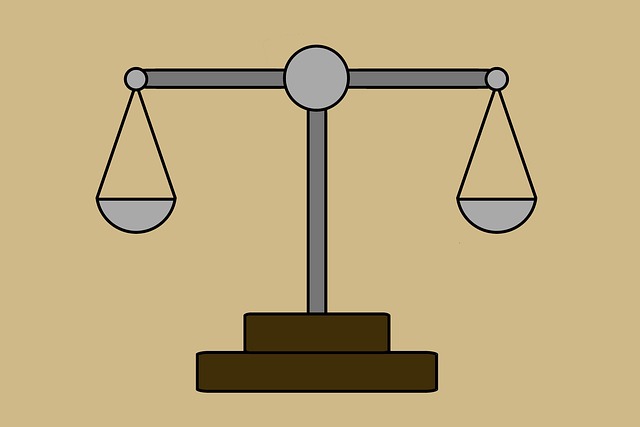Antitrust laws protect consumers and maintain fair competition by preventing practices like price-fixing and monopolization, with severe penalties for non-compliance, including fines, legal fees, and criminal charges. Violations in securities, driven by manipulation, carry significant legal consequences, including fines, reputational damage, and potential asset seizures due to the Legal Implications of Securities Compliance Failures. Non-compliance can lead to regulatory investigations and severe repercussions, deterring future misconduct.
In today’s complex economic landscape, understanding antitrust laws and their reach is paramount, especially within the securities sector. This article delves into the intricate world of antitrust violation cases, exploring common causes, from price-fixing to market manipulation, all stemming from non-compliance with legal implications of securities compliance failures. We analyze consequences and enforcement mechanisms, emphasizing the importance of navigating these regulations to foster a fair and competitive marketplace.
- Understanding Antitrust Laws and Their Reach
- Common Causes of Antitrust Violations in Securities
- Consequences and Enforcement Mechanisms for Non-Compliance
Understanding Antitrust Laws and Their Reach
Antitrust laws are designed to promote fair competition among businesses and protect consumers from anti-competitive practices. These laws cover a wide range of behaviors, including price-fixing, market division, and monopolization. Understanding these regulations is crucial for companies aiming to avoid legal implications, especially in the context of white-collar defense strategies. Non-compliance can lead to severe consequences, such as substantial fines, legal fees, and even criminal charges, particularly when securities compliance failures are involved.
The reach of antitrust laws extends beyond traditional business practices; they also address conduct that may hinder innovation and consumer choice. In the realm of white-collar and economic crimes, navigating these regulations is essential for businesses to safeguard their operations and reputation. By adhering to legal standards, companies can effectively avoid indictment and foster a culture of integrity, ensuring long-term sustainability in today’s competitive markets.
Common Causes of Antitrust Violations in Securities
Antitrust violations in securities can stem from various factors, often related to complex financial dealings and market dynamics. One common cause is the manipulation of stock prices through coordinated trading activities. This involves groups of individuals or institutions working together to artificially inflate or depress the value of a security, leading to unfair advantages for some and potential harm to investors. Another significant issue is insider trading, where individuals with non-public information trade securities based on that knowledge, undermining fair market practices.
The legal implications of such failures to adhere to securities compliance regulations can be severe. While achieving extraordinary results in defense strategies is possible through robust white-collar defense mechanisms, the ultimate outcome may not always result in a complete dismissal of all charges. Companies and individuals found guilty of antitrust violations in securities can face substantial fines, legal penalties, and reputational damage. Effective compliance programs and diligent oversight are crucial to mitigate these risks and ensure fair market conduct.
Consequences and Enforcement Mechanisms for Non-Compliance
The consequences of antitrust violation cases can be severe, with significant legal implications for corporations and individuals alike. Non-compliance with antitrust laws often leads to extensive investigations by regulatory bodies, resulting in hefty fines, penalties, and even criminal charges. These enforcement mechanisms are designed to deter future violations and promote fair competition within the market.
When companies fail to adhere to securities compliance requirements, it can create an unprecedented track record of legal issues. This may include prohibition from certain business activities, asset seizures, or the dissolution of the company. For corporate and individual clients found guilty, jury trials become a potential outcome, adding further complexity and financial strain to their cases.
Antitrust violation cases carry significant legal implications, especially in the securities industry. Understanding the reach of antitrust laws and their application to market conduct is crucial for businesses and professionals navigating this complex landscape. By recognizing common causes of violations, such as price-fixing or market division, and being aware of stringent enforcement mechanisms, companies can mitigate risks and ensure compliance with securities regulations. Ultimately, adhering to these guidelines is essential to avoid severe consequences and foster a fair and competitive marketplace.






